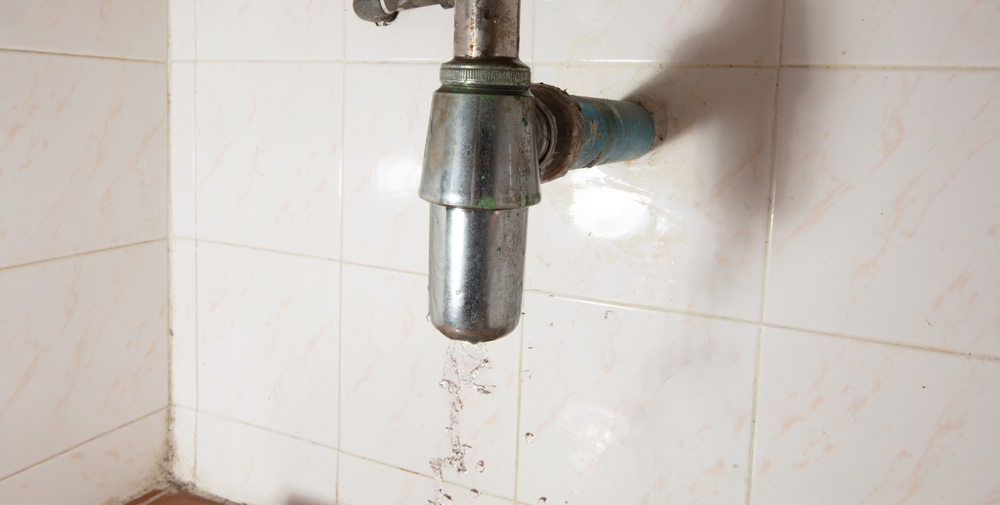Plumbing emergencies can strike when you least expect them, often at the worst possible time. Whether it’s a burst pipe in the middle of the night or a blocked drain on a holiday, knowing who to call and what to expect can save you time, money, and stress. If you’re in Toronto, understanding the essentials of emergency plumbing services will help you act quickly and protect your property.
What Qualifies as a Plumbing Emergency?
A plumbing emergency is any situation that poses a risk to your home, safety, or health and needs immediate attention. Some common examples include:- Burst pipes causing water damage
- Sewage backups or overflowing toilets
- No running water in your home
- Blocked or overflowing drains
- Leaking water heaters
- Frozen pipes, especially during Toronto’s cold winters
Why You Need a 24/7 Emergency Plumber in Toronto
Toronto homeowners face unique challenges, especially with its extreme seasonal changes. From frozen pipes in the winter to basement flooding during spring thaw, it’s essential to have access to a licensed and reliable emergency plumbing service. At 247 Emergency Plumber Toronto, we provide round-the-clock support to ensure you’re never left stranded. Our local technicians are trained, fully equipped, and ready to help—day or night.What to Expect from a Professional Emergency Plumbing Service
Here’s what a top-tier plumbing service should offer:1. Rapid Response Time
Time is of the essence. Choose a plumber that can arrive within an hour to minimize damage.2. Fully Equipped Vans
A reputable company will have vans stocked with all the tools and common parts needed to fix most issues on the spot.3. Transparent Pricing
Look for services that offer upfront pricing and no hidden fees, even for night or weekend calls.4. Licensed & Insured Technicians
Your emergency plumber should be fully certified and insured to protect your property and ensure high-quality workmanship.Preventive Tips to Avoid Future Emergencies
While emergencies can’t always be avoided, regular plumbing maintenance helps reduce risks. Some tips:- Schedule routine inspections (especially before winter)
- Insulate pipes to prevent freezing
- Clear drains regularly to avoid buildup
- Fix small leaks before they become big problems
